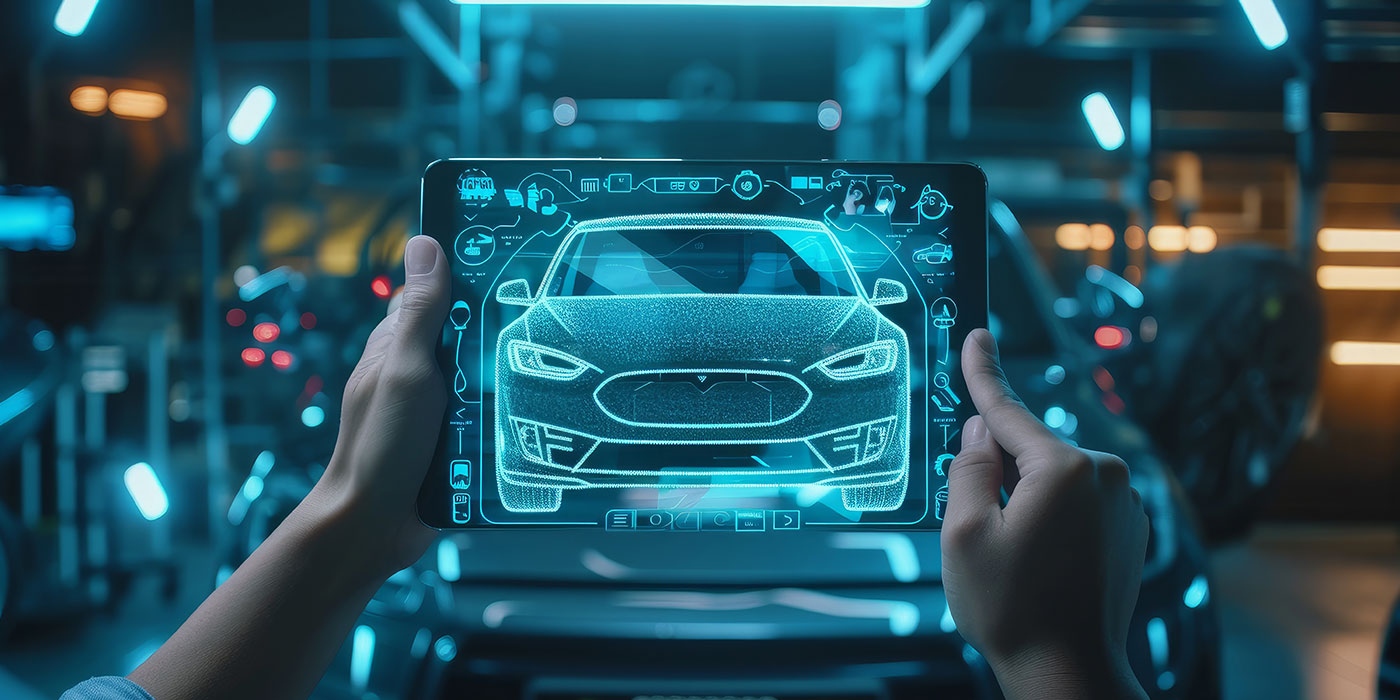Supply chain shortages have impacted automotive dealerships globally, not only in the personal vehicle market, but the commercial vehicle market, as well. As inventory continues to challenge dealers and interest rates begin to rise, dealers are beginning to look for opportunities to continue turning customers. The answer they’re looking for probably falls in the place they’re least likely to look: the commercial department.
According to JD Power, the commercial vehicle market is nearly 3 million vehicles short of sky-high, pent-up demand post-COVID, even with an economic recession hanging in the balance. As the workhorses of the American economy — powering 80% of the GDP — commercial buyers are those that are most often recession-proof for car dealers. When the real estate market is focused on building new or when it’s focused on fixing the old, the same roofers, framers, plumbers and handy men and women are heading to the job site. Despite these customers being those that will continue to have demand if and when the economy takes a turn for the worse, dealers often neglect this essential market. Here are three ways dealers can have a more customer-focused strategy with commercial customers.
1. Train young salespeople with the right tools and data to sell.
The commercial department at a dealership is historically the least likely to draw your attention. Often relegated to the trailer or the lesser offices on the lot, the commercial department is frequently staffed by those automotive vets who’ve been in the business for decades (who can also be resistant to moving beyond “the way it’s always been”) and young trainees getting their feet wet in the car sales world who will be the next generation in these departments. While young and enthusiastic salespeople are certainly competent enough to do the job, they, along with their veteran counterparts, will only be successful when equipped with the right tools and data to serve their customers. Databases with use case filters and configuration data will allow salespeople to successfully sell without memorizing the commercial black book – especially in a time when commercial salespeople are tasked with educating customers as hybrid and electric options become more pervasive.
2. Serve as a consultant for your commercial customers.
Commercial customers have always been considered “easy” for automotive dealers, which is why dealers often neglect this segment – allowing them to come and go whenever they need without much attention. The reality is the commercial market is a core revenue generator, and this segment should be taken seriously. A commercial buyer is five times more likely to be a loyal customer, and that loyalty extends beyond the commercial buyer to the customer’s friend, family and colleagues. Rather than simply being the person who confirms if they do or do not have a vehicle the buyer needs – or worse, allowing them to show up and leave your lot without a word, commercial salespeople should act as a consultant to the commercial buyers. Use cases for vehicles change, and especially as the industry is on the verge of a major transformation with electrification knocking on the door, B2B salespeople now more than ever should serve as consultants to commercial customers, educating them on specifically what is important for them for their vehicles, offering suggestions for the best upfits and recommending other options that would benefit their business. Acting as a consultant rather than another salesperson is essential to gaining that loyalty.
3. Offer bridge solutions when inventory is thin.
Commercial buyers don’t have the luxury of waiting until inventory is ideal to purchase vehicles for their business. In times when inventory is thin, the choice to wait until a dealership has a particular vehicle in stock may mean lost jobs, laid off employees or no income for small business customers. Too often dealerships let commercial customers walk without so much as a conversation to understand their needs. In today’s market, it is likely that that customer has or is going to walk several lots, either in-person or virtually online, to find the vehicle they need is nowhere to be found. Commercial dealerships need to be able to offer bridge solutions when inventory is thin and a business buyer cannot wait. That bridge inventory may look like an alternative type of vehicle, but in today’s market, it may be commercial remarketed inventory. Using partners and available databases to identify commercial remarketed inventory for buyers is essential to earning a customer in the short and long term.
Dealerships need to have a more customer-focused strategy with commercial customers. The commercial department can change a dealership’s bottom line significantly, and especially in a time when a recession is potentially on the horizon, cultivating the relationships with customers who will continue to come around regularly as they need to keep their business afloat is key. This requires dealers to outfit their commercial department with trained team members equipped with the right tools to do the job, cultivate consultative salespeople so commercial customers find a partner in your dealership and offer bridge solutions when inventory is tight.














